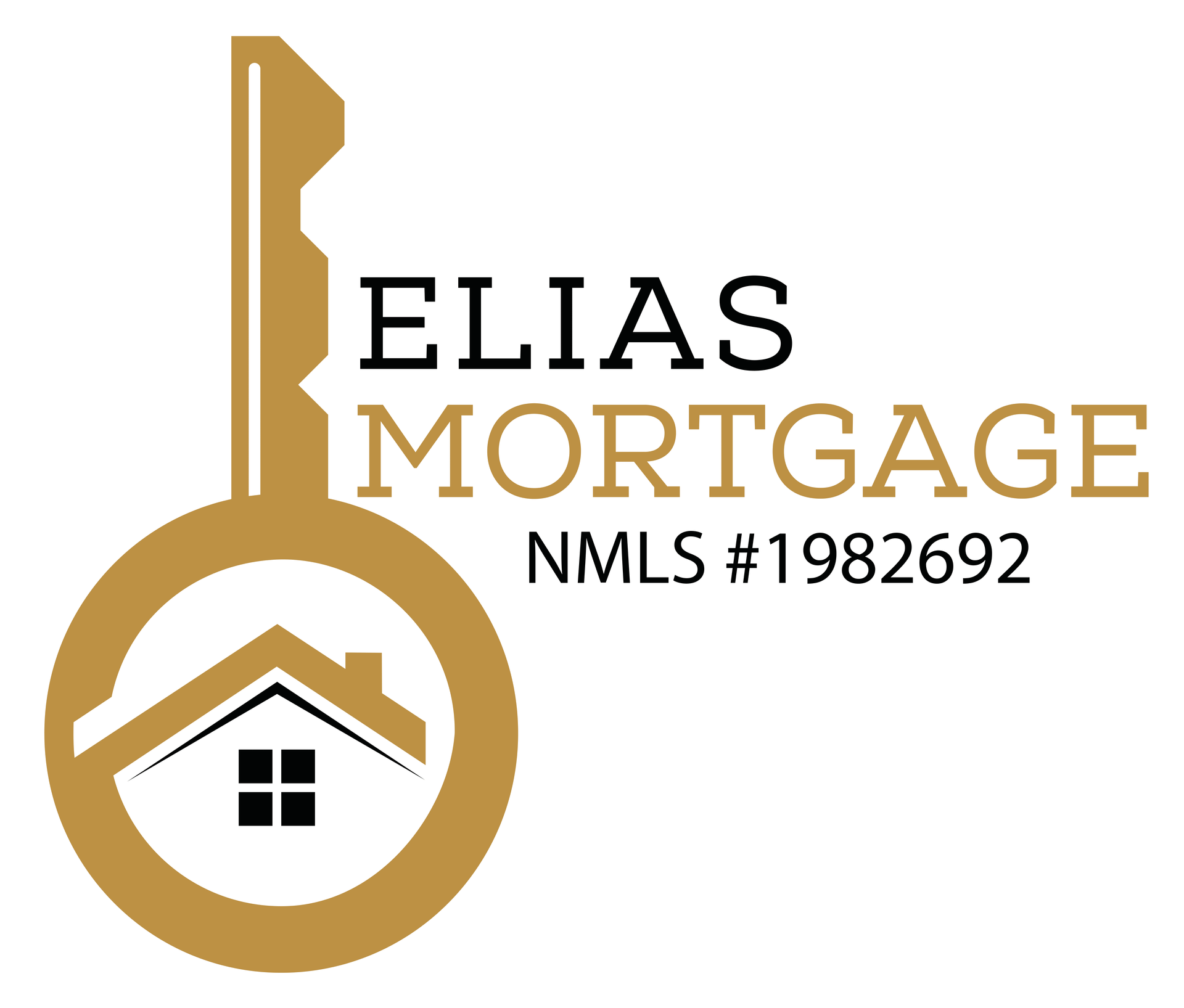Home Equity Loans - Tap Your Home's Value in New Jersey
Fixed-Rate Second Mortgages for Big Projects & Big Goals
A home equity loan lets you tap into the value of your home-without refinancing your current mortgage. If you've built equity over time, you can borrow a lump sum at a fixed interest rate, using your home as collateral. It's a reliable option for New Jersey homeowners who want to fund renovations, cover major expenses, or consolidate higher-interest debt while keeping their first mortgage intact.
What Is a Home Equity Loan & How Does It Work?
A home equity loan, also known as a second mortgage, gives you access to funds based on the equity you've built in your home. Unlike a cash-out refinance, it leaves your current mortgage in place and adds a new loan with its own terms. Here's how it works:
- Lump sum payout at closing
- Fixed interest rate for predictable monthly payments
- Repayment term usually between 5 and 15 years
- Your home is used as collateral, so responsible borrowing is key
If you've got a low rate on your current mortgage, a home equity loan helps you borrow without disturbing that rate.
Why Choose a Home Equity Loan?
There are several reasons why NJ homeowners use second mortgages:
Fixed-rate stability
Protects you from rising rates
One-time funding
Perfect for major renovations or lump-sum needs
Keep your current mortgage
Especially smart if your first mortgage is locked in at a lower rate
Potential tax benefits
Interest may be tax-deductible if used for qualified home improvements (consult your tax advisor)
Whether you're updating a kitchen in South Plainfield or paying for college tuition, a home equity loan is a powerful way to access your home's value.

How Much Can You Borrow? What Do You Need to Qualify?
Most lenders allow homeowners to borrow up to 80-85% of their home's value, minus what's still owed on the first mortgage. You'll typically need:
Sufficient equity
For example, if your home is worth $400,000 and you owe $200,000, you may be eligible to borrow up to $120,000
Decent credit
Ideally in the mid-600s or higher
Verifiable income
To ensure you can manage both loan payments
The process is usually simpler than getting a first mortgage, but still includes an appraisal and income verification.
Smart Ways to Use a Home Equity Loan
This loan type works well when you know how much you need and prefer a stable repayment plan. Common uses include:
- Home renovations - Kitchen, bathroom, roof, etc.
- Tuition or education costs
- Debt consolidation - Pay off credit cards or personal loans at a lower rate
- Down payment on a second property - Especially if you plan to invest
Home Equity Loan vs HELOC vs Refinance - What's the Difference?
If you're deciding how best to use your home's equity, here's a quick breakdown:
Home Equity Loan
Lump sum, fixed rate, separate from your current mortgage
HELOC (Home Equity Line of Credit)
Revolving line of credit, usually variable rate
Cash-Out Refinance
Replaces your existing mortgage with a new one, often at a higher rate
If your current mortgage is already locked in at a low rate, a second mortgage (loan or HELOC) often makes more sense than refinancing the whole thing. We'll help you weigh your options based on goals, budget, and timing.
Common Questions About Home Equity Loans
How much can I borrow?
Typically, lenders allow your total mortgages (first + second) to reach 80-85% of your home's value. The exact amount depends on your home's appraised value, credit, and income.
Are there closing costs?
Yes, but usually less than a full refinance. Some lenders offer no-closing-cost options, which may come with a slightly higher rate. We'll outline all fees in advance.
Is the rate higher than my first mortgage?
Usually yes-second mortgages carry more risk, so they tend to have slightly higher rates. But the rate is still often much lower than credit card or personal loan rates, and it's fixed.
How fast can I get the funds?
These loans often close in just a few weeks. Once finalized, the lump sum is disbursed at closing.
Put Your Home's Value to Work-Securely & Strategically
If you're ready to turn equity into action, we're here to help. Whether you're planning a remodel or need funds for a major life expense, a home equity loan offers the stability and predictability you're looking for.
